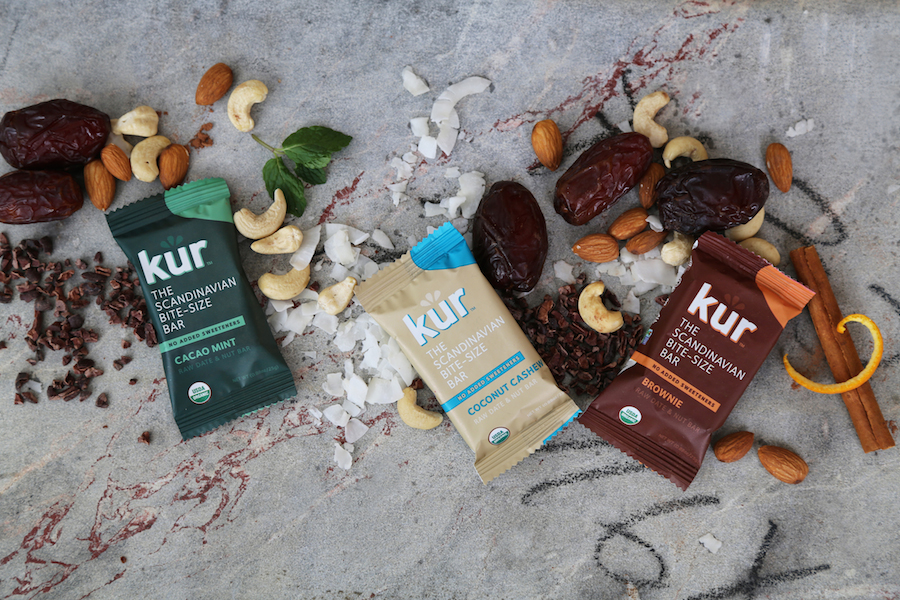“Open your mind, close your wallet.” Rune Knudsen is passionate about choice. More precisely he cares about making the right choice, especially when it comes to ecologically-minded and healthy options. The Danish entrepreneur, who has spent most of the past decade exploring life on America’s East and West coasts, is on a mission to get people to “try the right stuff.” His goal is to introduce you to healthy, responsibly-produced food and beauty products. Knudsen hopes to inspire change and catalyze what he sees as America’s “passion” for good into a full-blown movement for change.
TrySome, is inspired by his time helping to run successful Danish venture: “Freemarket.” The business is founded on a simple idea: invite consumers to try things for free and share their feedback. Despite initial setbacks such as the business’s warehouse burning down in Copenhagen last year and customers creating fake social accounts to game the system (“get stuff for free, don’t give feedback”), the project designed to “test the market, for the market” flourished. Ensue acclaim from the local and international press and the opening of a physical retail store location for people to test the concept offline.
Despite initial success, ecologically-minded Rune was concerned about how to apply the idea of the “freemarket” to really focus on supporting non-GMO and organic packaged goods. In a country celebrating 25 years of promoting organic produce, eating healthily is part of the course. However he found Danish consumers, with a comparatively homogenous population and economy, less willing to crusade for organic goods and lifestyles than Americans. So Rune decided to take another business gamble and head back to the States to found TrySome. Capitalizing on his experience in Denmark, his new Brooklyn-based company enables subscribers to find items based on personal preferences like “organic,” “vegan,” “kosher,” “gluten-free” and “Fair Trade” then literally “try” them out for free. Each item will also be available to purchase at wholesale prices if subscribers want to stock up.
Signing up for the service is easy: create an online profile, select the products you want and they’ll be delivered to your door. In return TrySome asks for anonymous feedback about your experience with the products. That feedback, which remains anonymous, is shared with the producers to provide insights on how to improve and market their goods.
TrySome is an equitable business equation: free healthy products, free market research. More people get to try organic, sustainable items, which in turn helps grow awareness and ultimately the market. For small businesses trying to launch organic or sustainably-minded products without big brand dollars (CPG brands can invest as much as $60 million in per item market development) this option delivers a potential customer base and market research at almost no cost. It’s a win-win. Turns out the former pro soccer player also knows how to play fair.
Rune’s second innovation comes with currency. In order to test the real market value and potential of products, TrySome operates on a virtual payment system. Each month subscribers are allocated the same virtual “budget” of TrySome credits (for free) to shop for goods. Subscribers then choose products based on their bank of monthly credits, which is automatically topped-up again at the beginning of each new month.
Rune explains the decision to operate with the virtual currency is tied to human psychology. Having first tried to run a purely free system in Denmark, the results for manufacturers were confusing. Though people obviously loved the service, they found it hard to provide insightful feedback. Questions such as likelihood to purchase the item in real-life, ideal price bracket or if the quality of the product was worth would warrant a given price-tag were impossible to answer because without attaching a value to the product, its emotional “value” was “$0.” In a “freemarket” world where everything is equal, so is purchase sentiment. That might be great for consumers, but it reduced the market’s appeal for companies looking to use the service as a way of conducting market research. Without equally providing value for businesses making the goods, the market would have no stock left to give to customers.
More people get to try organic, sustainable items, which in turn helps grow awareness and ultimately the market. For small businesses trying to launch organic or sustainably-minded products without big brand dollars, this option delivers a potential customer base and market research at almost no cost. It’s a win-win.
When Rune tried applying a virtual currency to the same service, everything changed. Freemarket shoppers not only became more discerning about monthly choices but also critical of price and quality factors. This was the acid-test he and manufacturers had been looking for: consumers tend to feel more emotionally invested in a product with a financial value attached. With a successful test business in the bag, Rune set off on a new adventure.
Now he directs operations from his base in south Williamsburg where he’s busy convincing real world investors this virtual market is worth their currency. Just a stone’s throw from innovative and sustainably-minded businesses in the Pfizer Building, surrounded by Brooklyn’s multitude of tech and food-centric hubs, Rune’s chosen a pretty great spot to set up shop. We can’t wait to see what happens next.
TrySome is due to launch in early 2016 with deliveries initially to Manhattan and Brooklyn. To learn more about the service, recent Kickstarter campaign or mission visit their website.
Photos and images courtesy of TrySome



